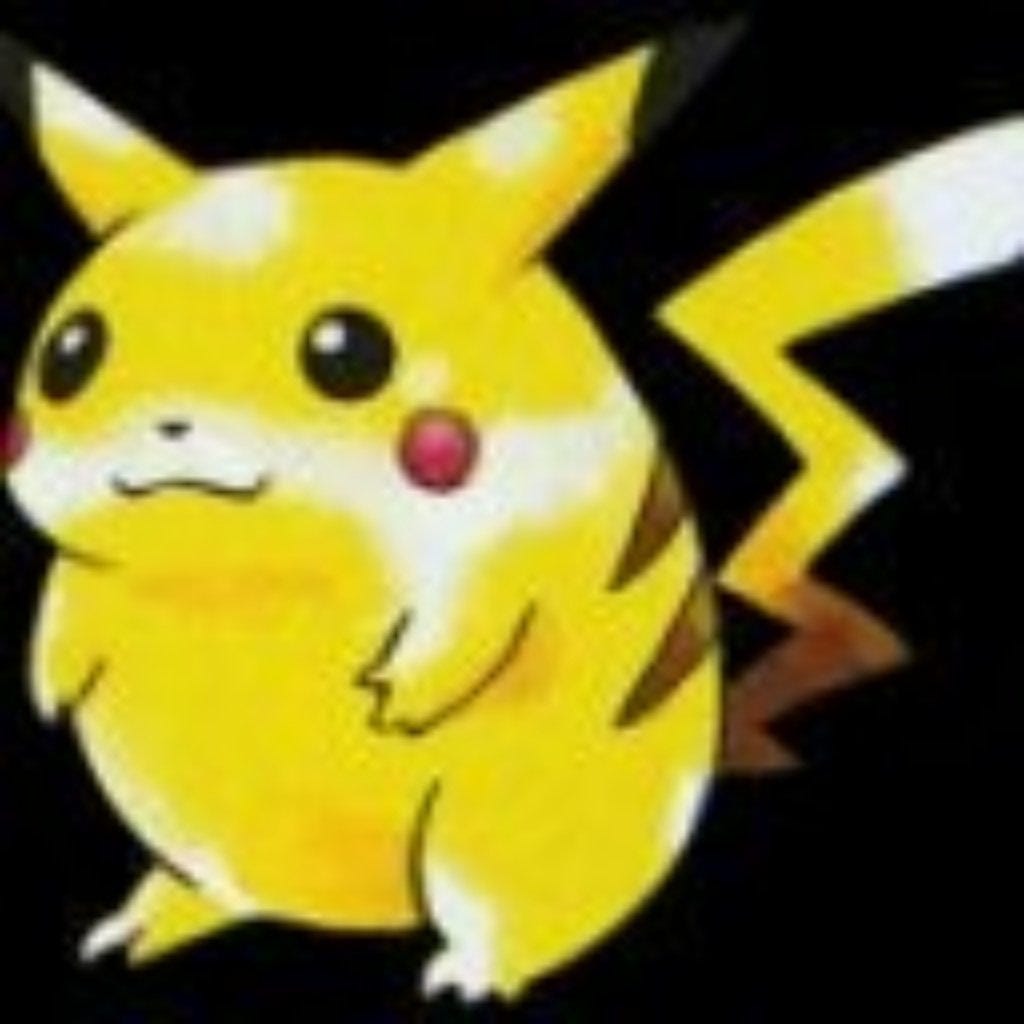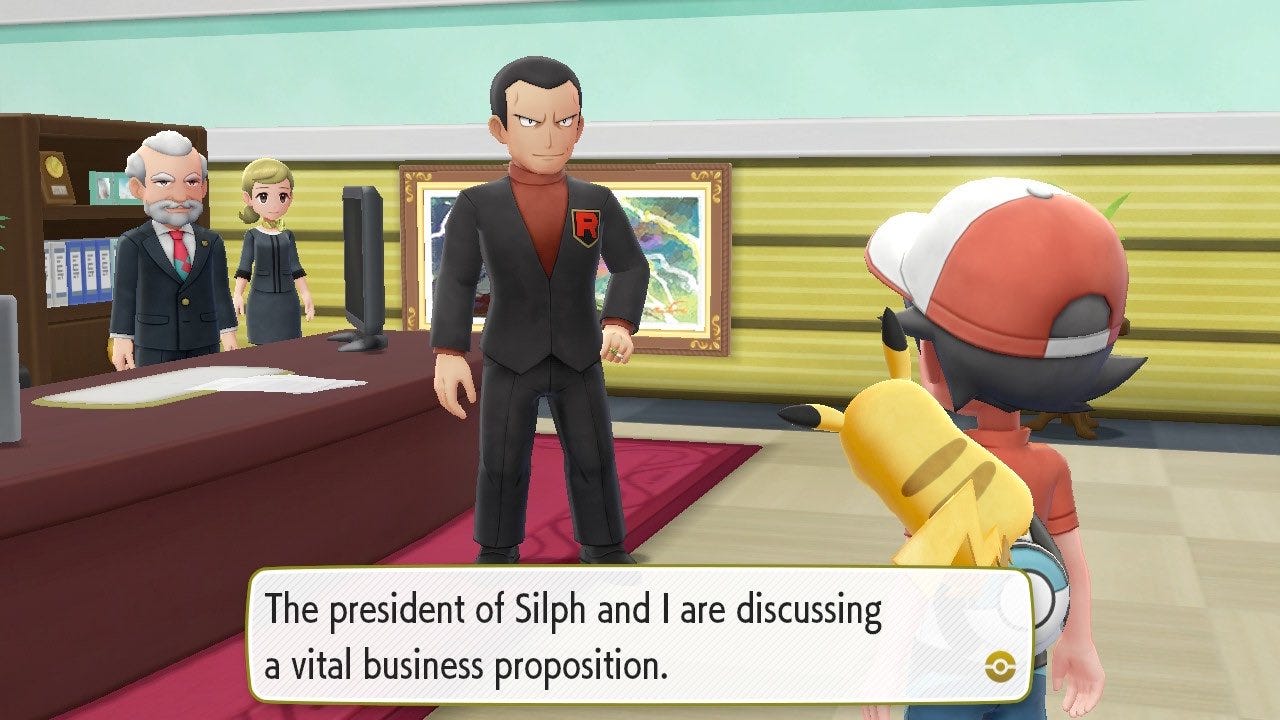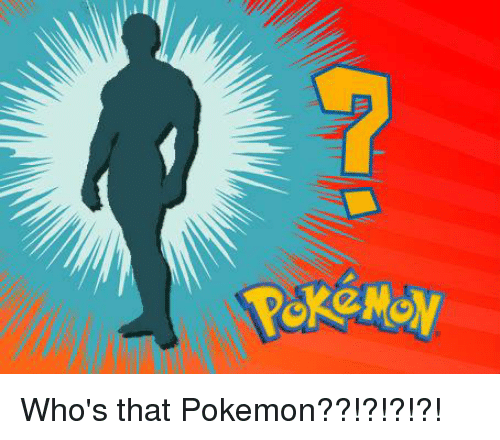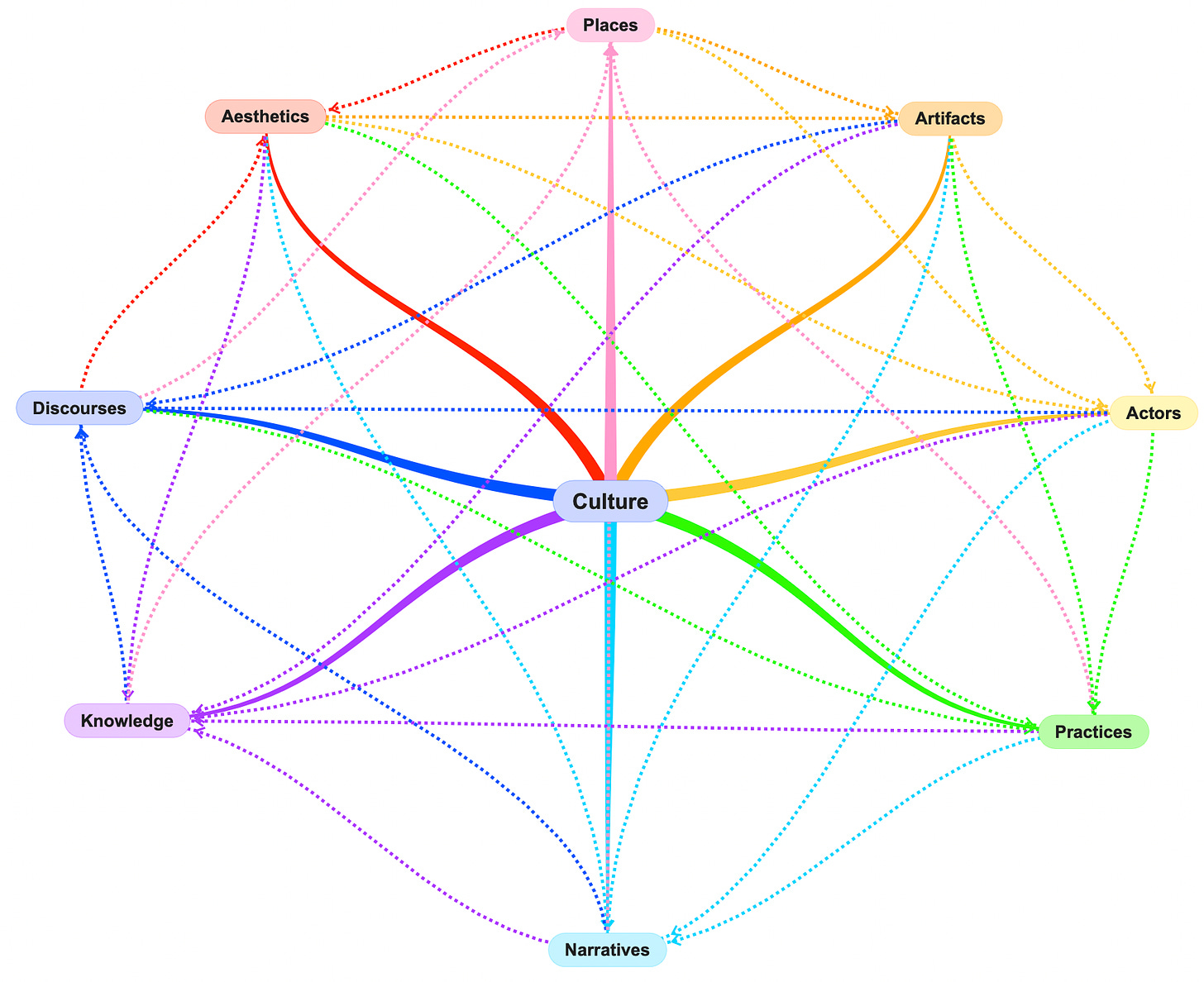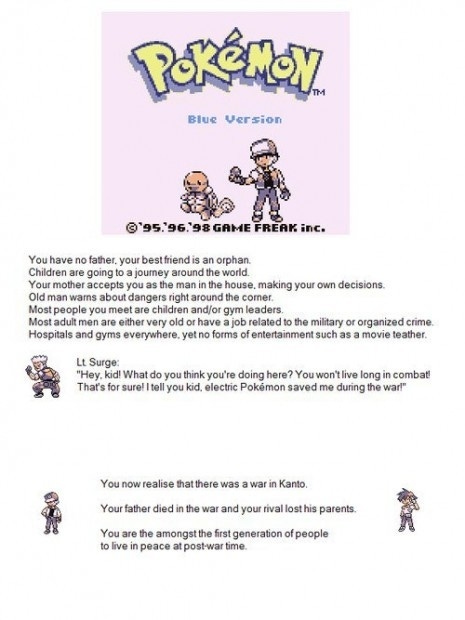At the Twitter meetup the other day, someone asked me what I thought about Team Rocket. My immediate response: “they’re misunderstood.” It was a strange question, maybe prompted by my vintage Pikachu t-shirt, and I gave a strange answer. Was Team Rocket “just doing their job”, as I suggested?
Thinking about this led me to a series of yet-stranger questions:
Why is Team Rocket everywhere?
Who manufactures Pokémon items (Pokéballs, potions, TMs)?
Who pays for Pokémon centers?
What is the governance structure of Pokémon gyms / the Elite Four? Why do they exist?
What is Silph Co., anyway? How do they relate to the broader world of Pokémon?
At a glance, we find the following organizations within the Pokémon world:
Silph Co., a faceless corporation producing high-tech objects relating to Pokémon.
Pokémon League, a meritocratic, decentralized cultural organization that acts as licensing and ethical body for the relationship between Man and Pokémon.
Team Rocket, a profiteering, seemingly criminal organization operating behind the back of the Pokémon League.
But how do these organizations relate? Is it not strange that many Silph Co. scientists and Gym leaders work for Team Rocket? That Team Rocket secretly operates many institutions within the game? That you as player catch the leader of Team Rocket, Giovanni, in a meeting with Silph Co. president? That most encounters which take place within the game are oriented around Pokémon? What's going on here? I'll start from the beginning...
Both Team Rocket (air weapon) and Silph Co. (air spirit) originate as Pokémon Corporation, a key player in the military-industrial complex, developing specialized biological weaponry (Pokémon and a related technological suite). Although the war is now over, the organization gained significant political power. Once a single enterprise, the post-war introduction of Pokémon into civilian areas (whether accidental or intentional) required a “whitewashing” of the production and R&D wing, leading to the separation of Silph Co. out of Pokémon Corp, with the remainder of the organization rebranding itself as Team Rocket.
To ensure a steady flow of incoming membership as well as ensuring proper regulation of wild Pokémon on the mainland, Team Rocket formed the Pokémon League as a shadow wing, acting as a palatable, conservationist cultural and civic organization that defends non-trainers from wild Pokémon, while also inducting noteworthy trainers into the broader ranks of Team Rocket. The decentralized hierarchy of the Pokémon League, i.e. the gym system, operates as a way of filtering capable trainers upwards through the ranks. The Pokémon League also operates Pokémon Centers, using Silph Co. technology, both as a way of maintaining the Team Rocket membership pipeline and as a public service for those attacked by wild Pokémon.
You, the player, are the son of Giovanni, himself the leader of Team Rocket and high level political actor. In his absence, you are raised by your mother, and then set to work following Professor Oak's intervention. Oak himself is related to Giovanni (perhaps his father, “gramps”?), and acts as intermediary between the Pokémon League and Team Rocket, as well as a public face for the League and independent researcher.
The aim of becoming a Pokémon Master, in competition with your brother, is preparation for a leadership role in the Team Rocket political organization. The act of beating Team Rocket members is a mechanism for gaining their trust as eventual leader. Since you take no action beyond beating them in battles, their material and political operations are never disrupted; they are humiliated as trainers, but knowing that you are the son of Giovanni himself eases the blow. Equally, “saving” Silph Co. acts as an introduction to their leadership, and permits the easy continuation of that significant relationship once you ascend to Team Rocket leadership. Jesse and James exist as Team Rocket representatives tasked with keeping an eye on your development, and they regularly test your general problem-solving capacity in a more reliable manner. Beating the Elite Four provides you access to the experimental wing of Team Rocket (the development of Mewtwo), which is evidence of your final induction into the organization, showing that leadership trusts you to maintain the secrecy of their internal projects.
In relation to broader culture, the Pokémon League acts as representative authority of the Pokémon subcultural movement, itself sustained by the profitable production and political wings (Silph Co. & Team Rocket, as mentioned above). Since you as player act entirely within this subculture, all encounters in the world are filtered through the discursive lens of Pokémon. The “Pokémon Trainer” is one “type of guy” created by this subculture, who both purchases Silph Co. products and increases the relative legitimacy of the Pokémon movement in relation to broader culture. The Pokémon subculture itself offers an entire suite of lifeways and a sufficiently rich lineage to remain “sticky” for an individual's entire adolescent and adult life, akin to a religious practice. However, many Pokémon trainers participate in Pokémon as an aside to their more mundane daily life, akin to the churchgoing “good citizen” who otherwise works a normal job, leads a normal existence.
The League maintains a strong moral streak, invoking the harmonious coexistence of Man and Pokémon, and stressing the individual responsibility of maintaining safety for all. But attaining sufficient power to defeat the Elite Four means grasping the fundamental nature of Man as steward and “ruler” of Pokémon (as in Genesis 1:26), which demonstrates the ethical alignment required to act as decision-maker within the Team Rocket or Silph Co. organizations. Because, as much as Man uses Pokémon/Nature for his own ends, Pokémon/Nature cares little about Man, and must be both respected and mastered in order to ensure the future of humankind.
While this ethical framing seems an inversion of the in-game conservationist ideology, is the game itself not a product sold for profit? Does the ruthlessly optimizing player not see a strange tension in the demand for power and the demand that he love his Pokémon? This tension hinges on the nature of “love” in the game's sense, which means “knowledge”. The player cannot force his Pokémon to do what they do not already have the capacity to do, and in this case, his knowledge of his team means respect for their essential position in the order of things.
Put differently, the ideal trainer must lead his Pokémon rather than command them, which also positions him to understand the same as leader of Men. In this way, the game aligns itself with the ideology that created it, which is to say, the game of Pokémon is the mirror image of the idealized leadership structure that led to its own development. For is the game itself not a labor of love? Do players not come to respect the diversity of life and the cultivation of others' talents as a part of their own quest for meaning? And thus the culture of Pokémon breaks free from the screen and reproduces itself in the beyond.
Hopefully the above suffices as a speculative example of a form of moral organizing developed in @tobyshorin's excellent “Life After Lifestyle”. To formalize it somewhat, we can refer back to what I call the “culture octopus” diagram from Toby’s essay. Try thinking through each of the 8 points in relation to Pokémon, from the game’s internal perspective.
Places = Pokémon centers, gyms, wild grass, etc; Artifacts = Silph Co. manufactured items; Actors = trainers; Practices = battling, catching; Narratives = “Pokémon Master” arc; Knowledge = whatever goes in the Pokédex, battle mechanics; Discourses = the moral questions raised above; Aesthetics = the idiosyncratic visual language. In short, the creators of Pokémon imagined an entire culture as part of their world-building, and ultimately, marketing endeavor. My aim in the above fan theory was to propose an origin and development story for how it might have emerged from a broader world, functioning along the more general historical-cultural lineage of Western modernity.
While the above is my personal fan theory, I was inspired by some alternative fan theories, which I will share for your general enjoyment:
“War in Kanto” Theory:
Coma Theory (TV-specific): https://helloapollox3.livejournal.com/9258.html
Did one ever know the reason why the pacing and story development change after Ash was hit by lightning in the beginning episodes? How Ash and his world were relatively normal until after the incident? I have a theory. The accident with the bike put Ash in a coma. Days later he was found and was hurried to the hospital and treated with heavy medications. This is why Team Rocket became less menacing. The medication took effect and stabilized his coma dreams, instead of being terrifying, they became idyllic, and he's able to live out his Pokémon master fantasies.
…
And, in case you forgot…




